
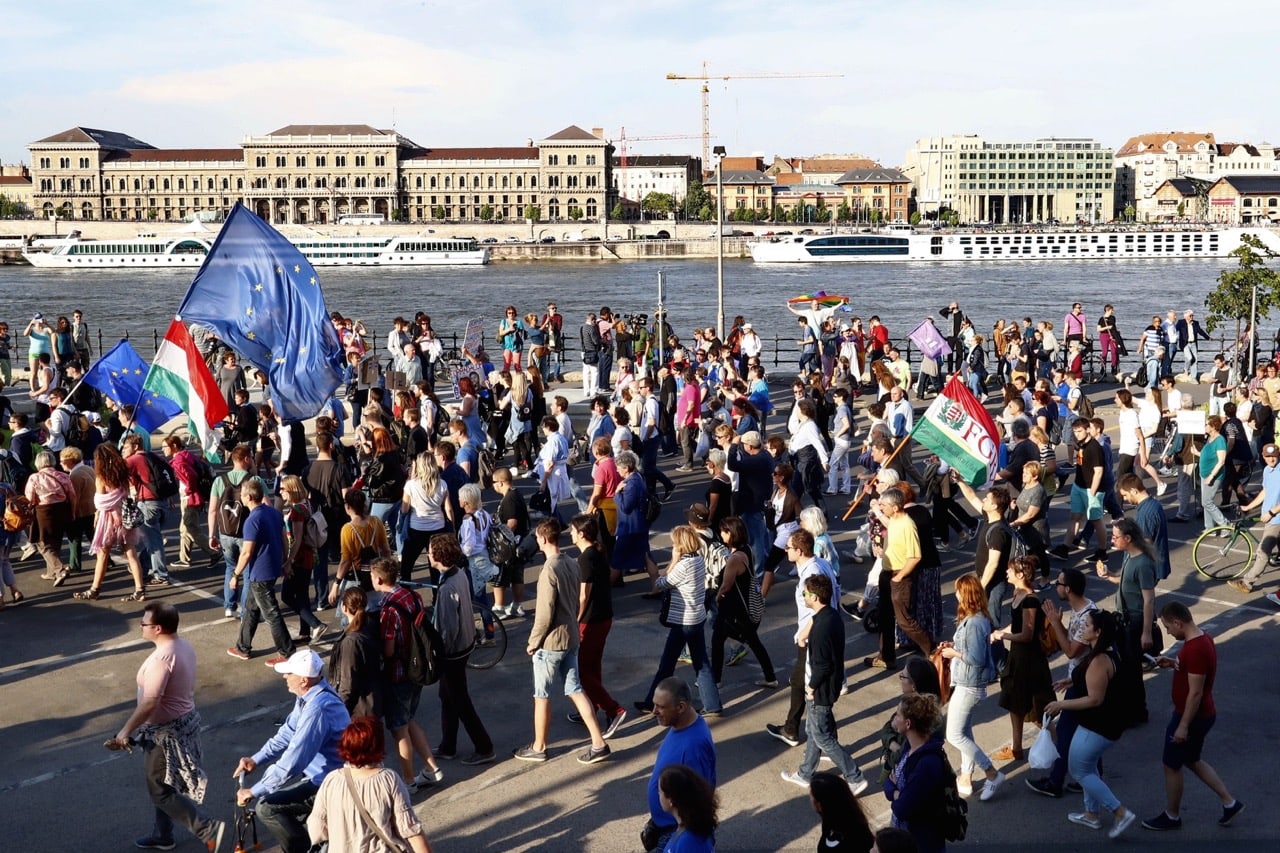
In solidarity with civil society in Hungary
Rights groups protest draft legislation that would seriously restrict the work of human rights defenders in Hungary.
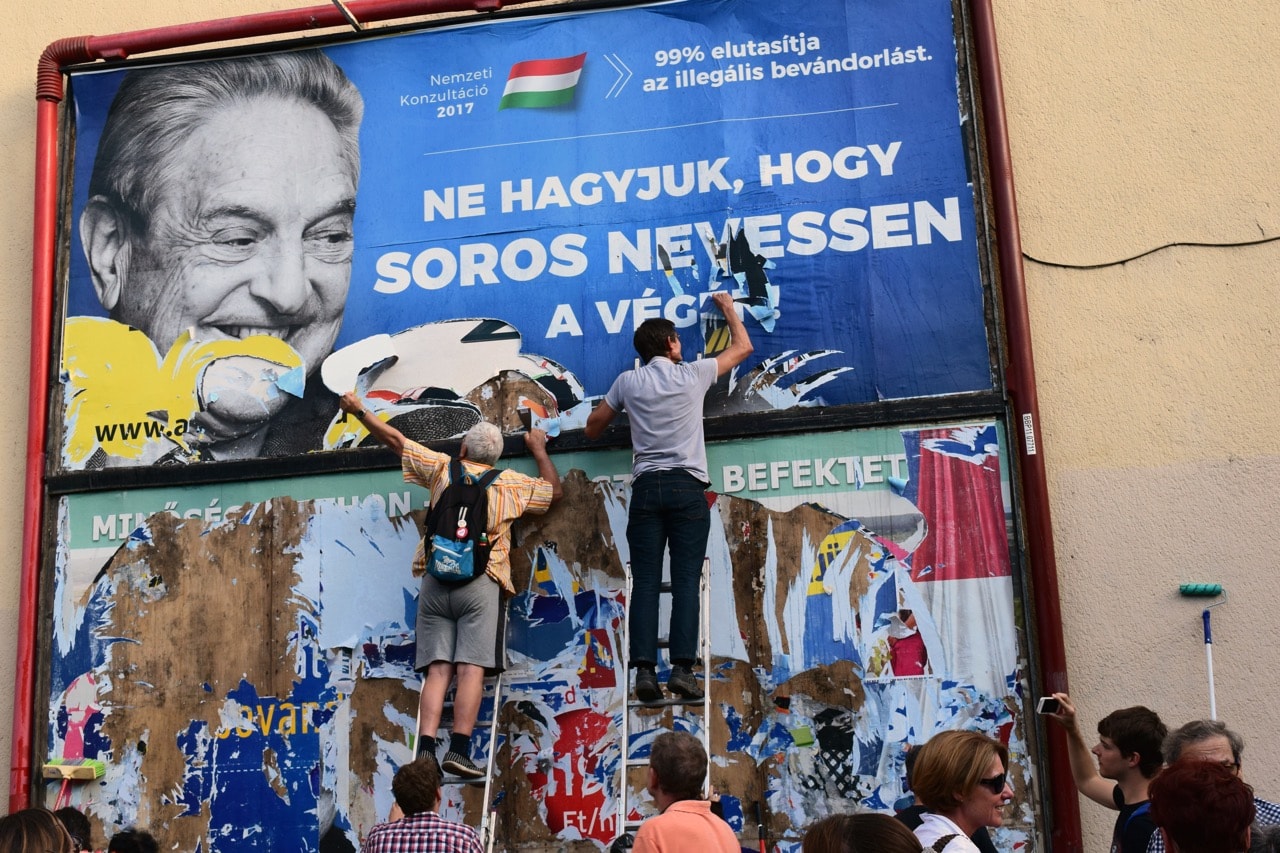
Hungarian taxpayers fund unique ‘fake news’ industry
The Hungarian government has built, using public funds, a well-oiled media machine dedicated to producing disinformation for propaganda purposes.
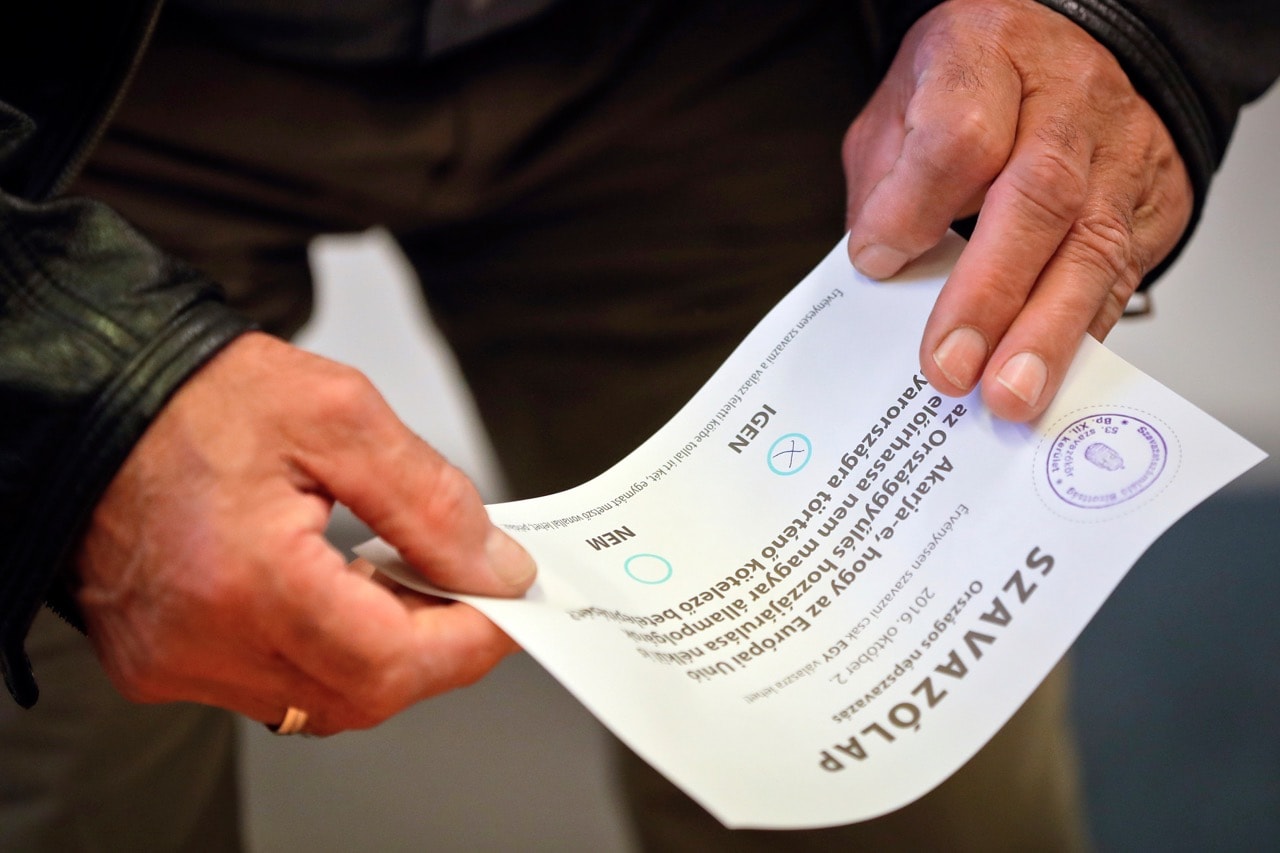
Hungary: An illiberal state in the heart of Europe
Hungary remains part of the European Union, but its actions contradict the fundamental principles of the EU, according to a report by five Hungarian NGOs.
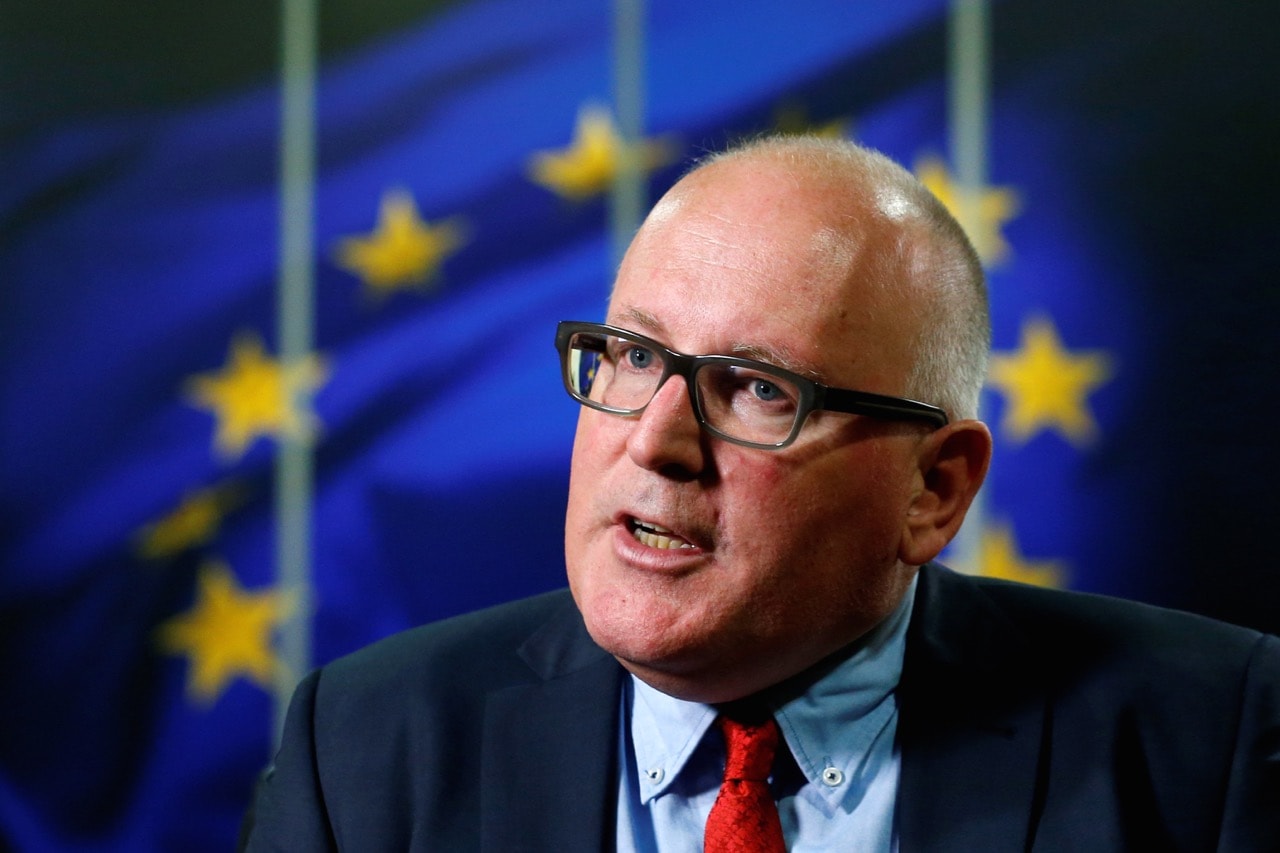
Letter to European Commission protests Hungary’s new NGO law
On the heels of Hungary’s recent adoption of a Law on the Transparency of Organisations Supported from Abroad, the European Commission is urged to act to protect NGOs and the rule of law in Hungary.

European Parliament urged to adopt a resolution on the situation in Hungary
Organisations have called for for a strong and effective response from the European Parliament, critical of the Hungarian government’s continued attack on independent institutions, including academic institutions, civil society organisations and media.
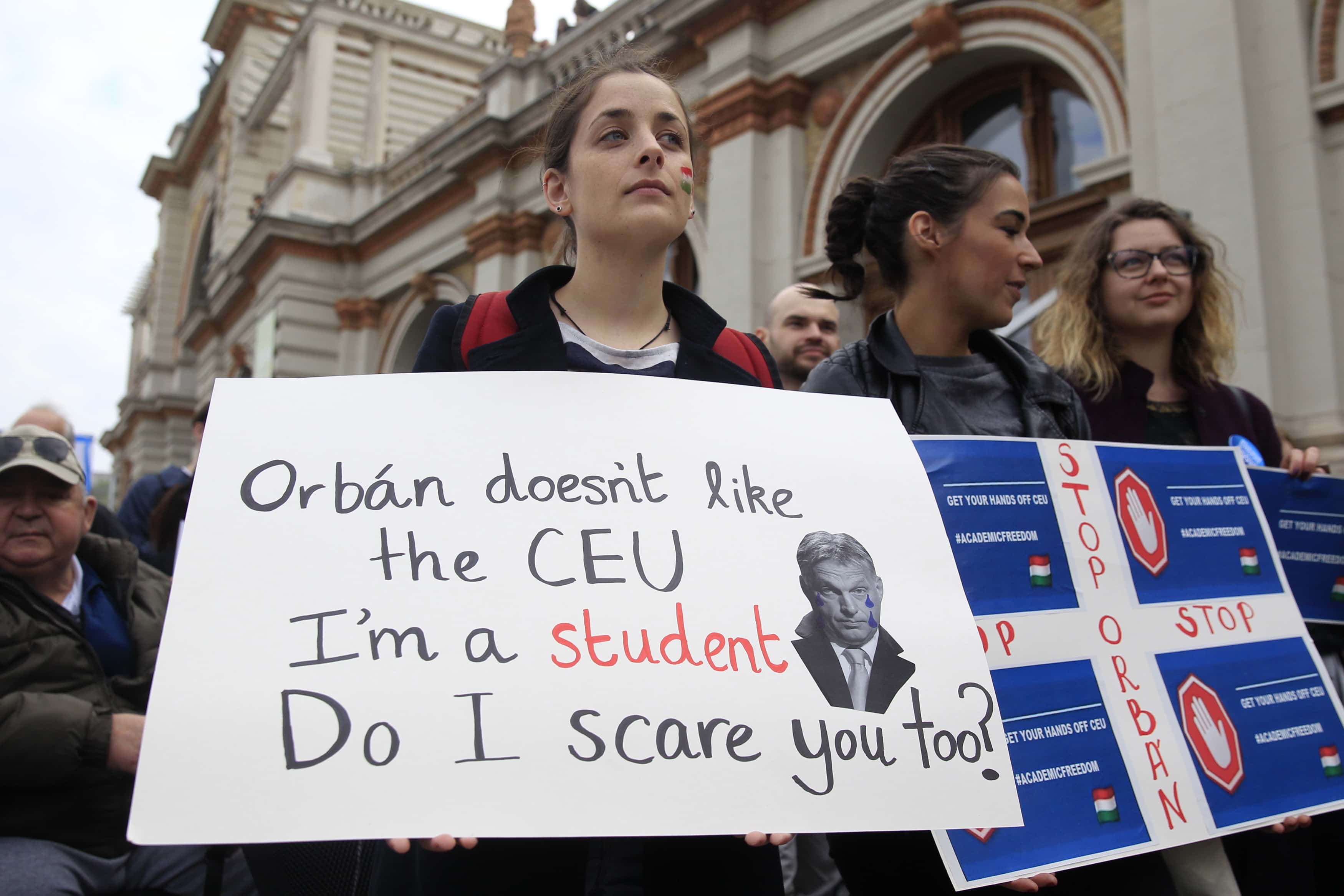
Hungary’s academic freedom and expression at risk due to changes to education law
IFEX members call on EU officials to condemn Hungary’s attack on the Central European University as a threat to academic freedom and free expression.
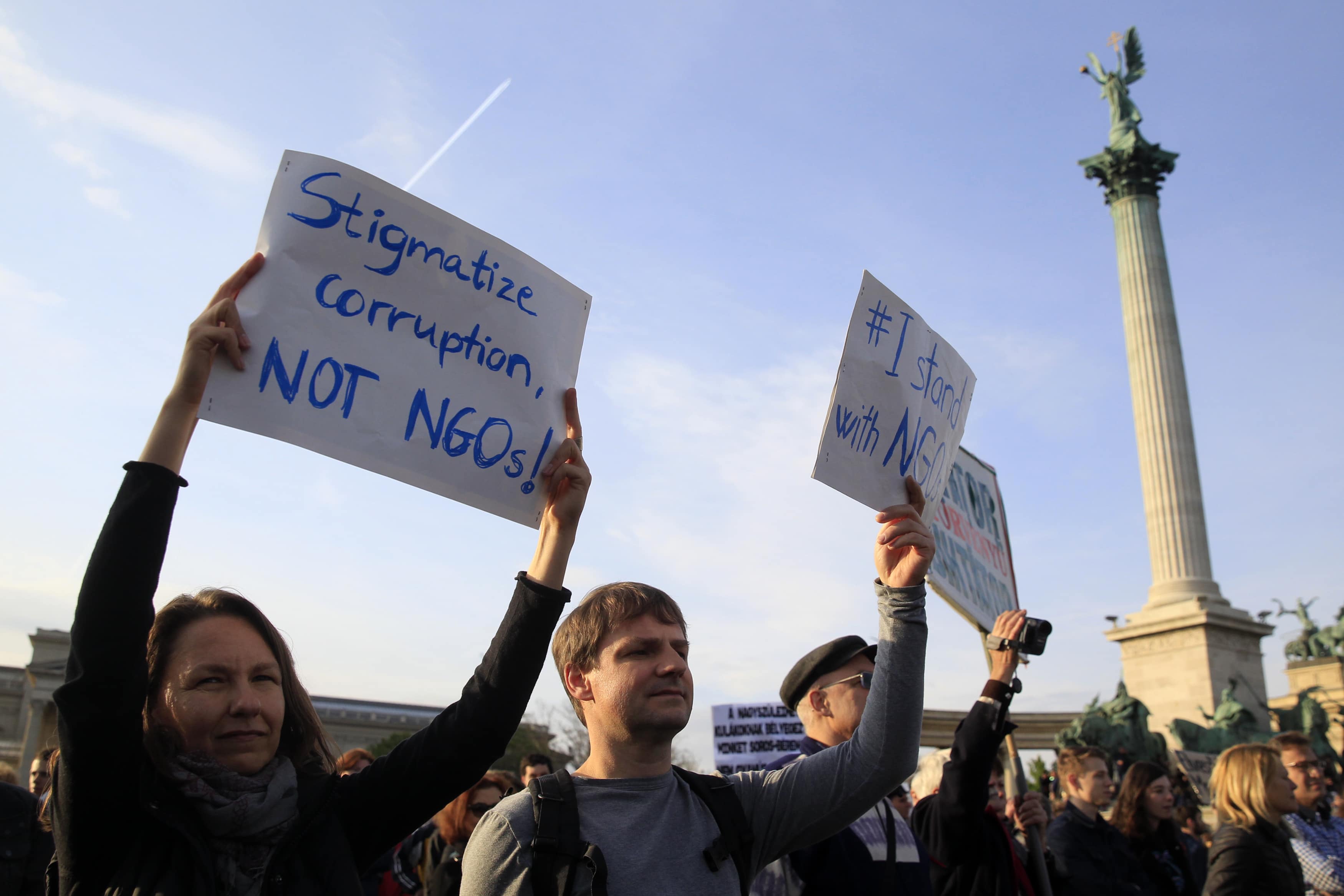
Hungary’s foreign funding bill a transparent attack on civil society
IFEX calls for the full and immediate withdrawal of Hungary’s proposed foreign funding bill, due to the threat it poses to local members and other independent civil society groups.
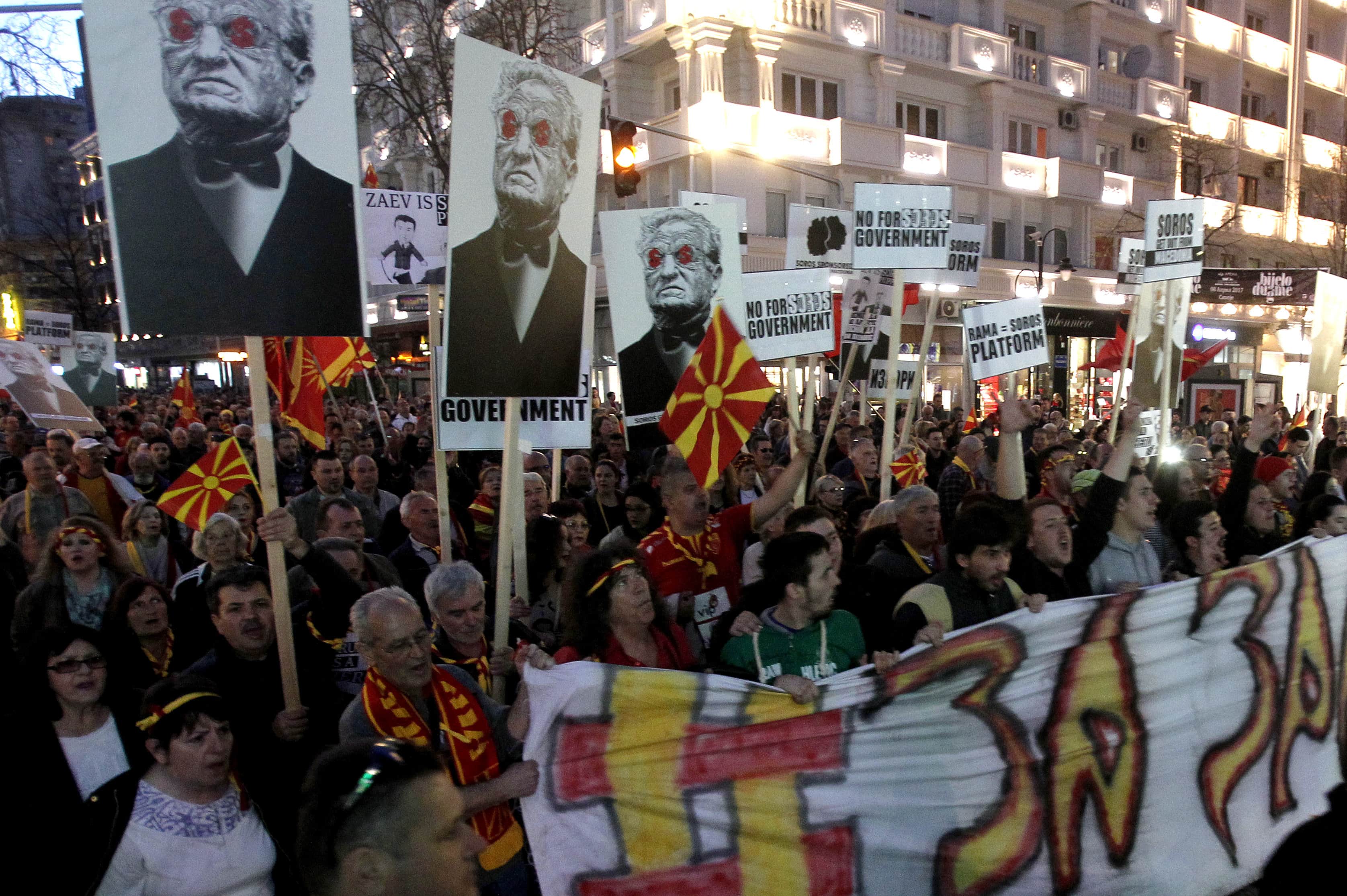
De-legitimise and obstruct: An assault on civil society in Hungary and Macedonia
Populist, nationalist politicians in Central and Eastern Europe are launching attacks on civil society; the aim is to silence criticism and undermine pro-democracy, anti-corruption groups that hold governments to account.
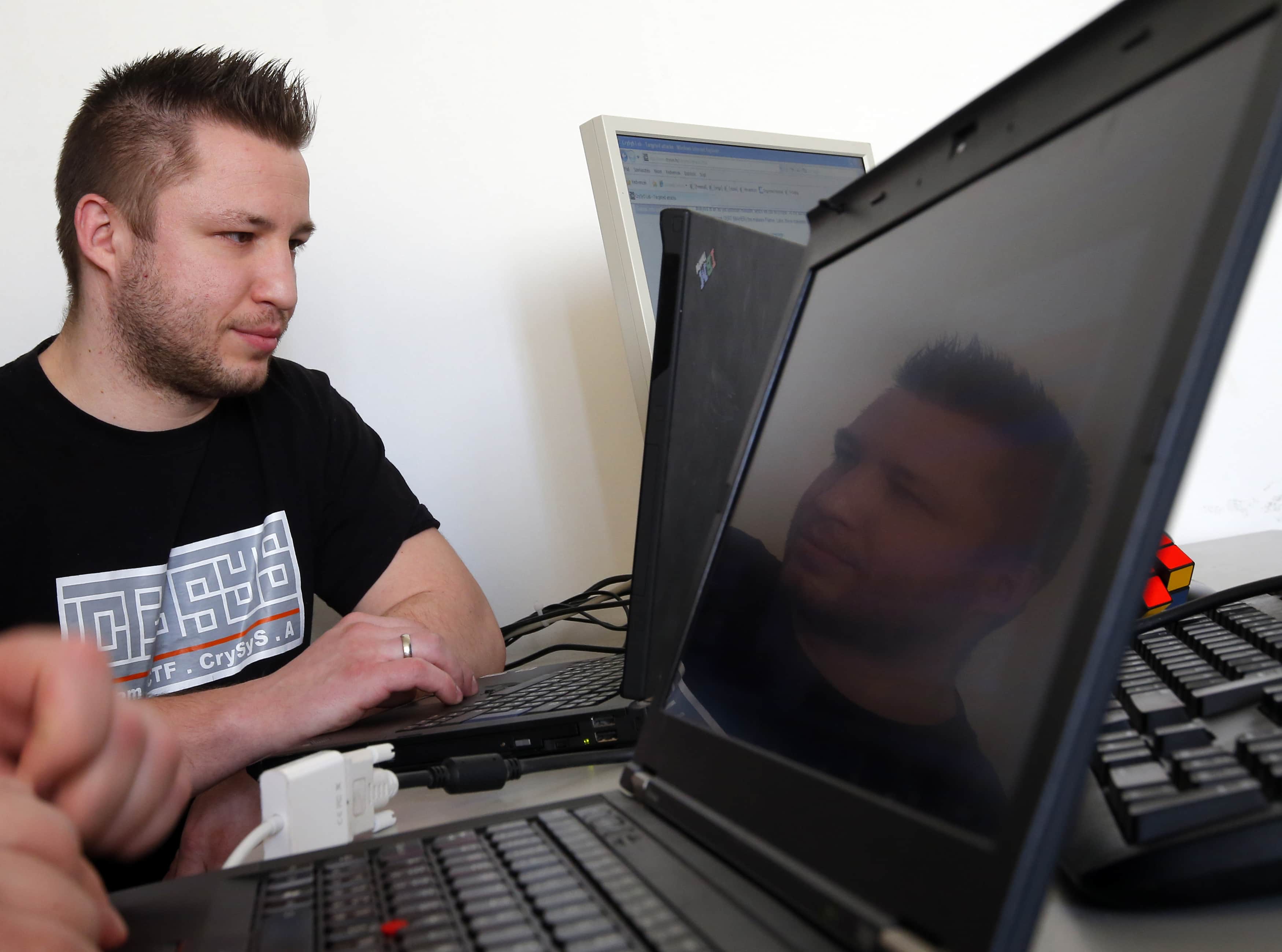
Online abuse of Hungarian journalists ubiquitous, study finds
The online harassment of journalists in Hungary adds a new dimension to the country’s overall state of freedom of expression, according to a new IPI report.
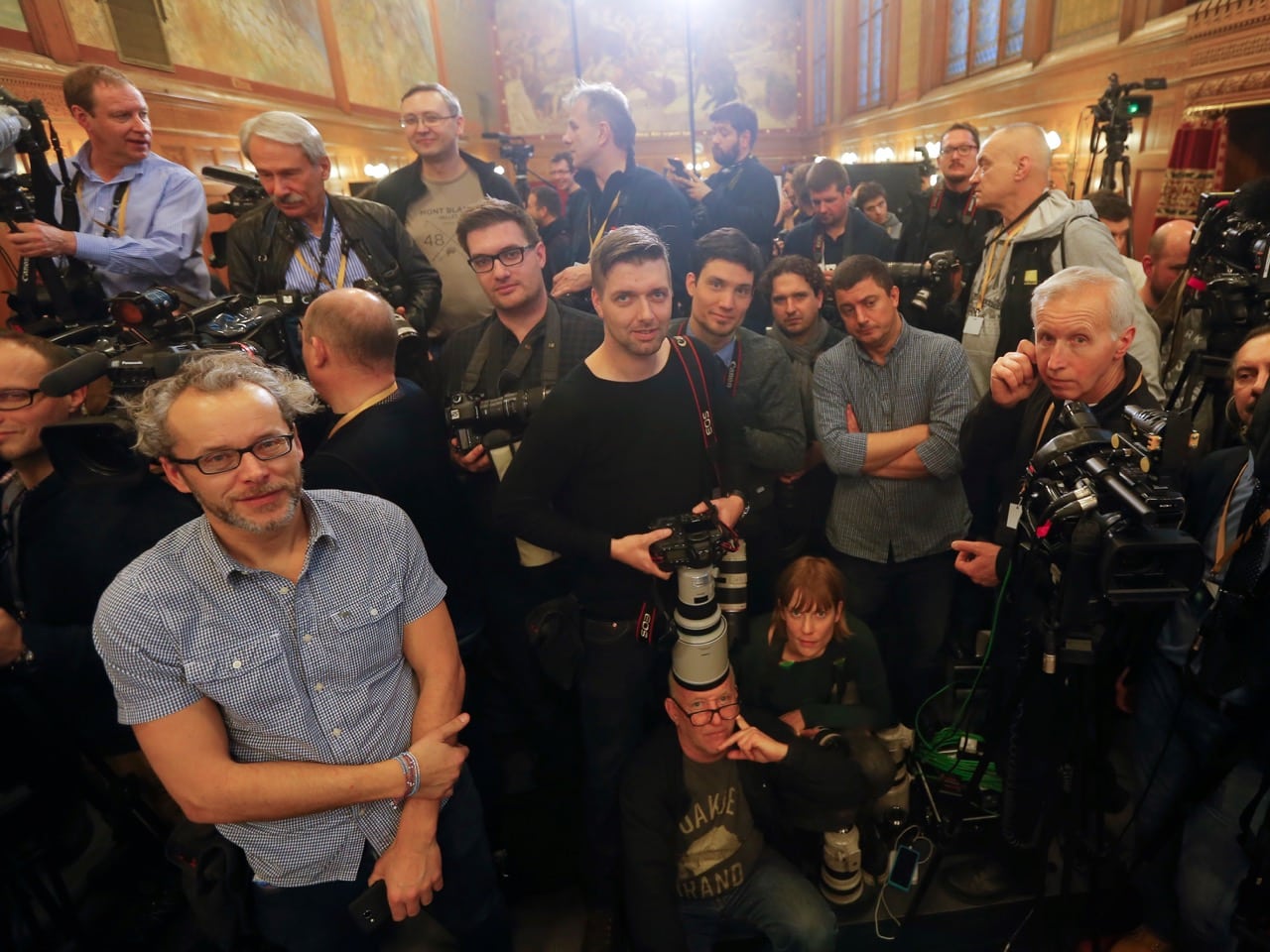
Hungarian civil defamation laws threaten political journalism
Hungarian courts’ doctrine of objective liability for media outlets quoting third parties presents a significant obstacle to the coverage of political affairs, a new study on civil defamation practice in Hungary has found.
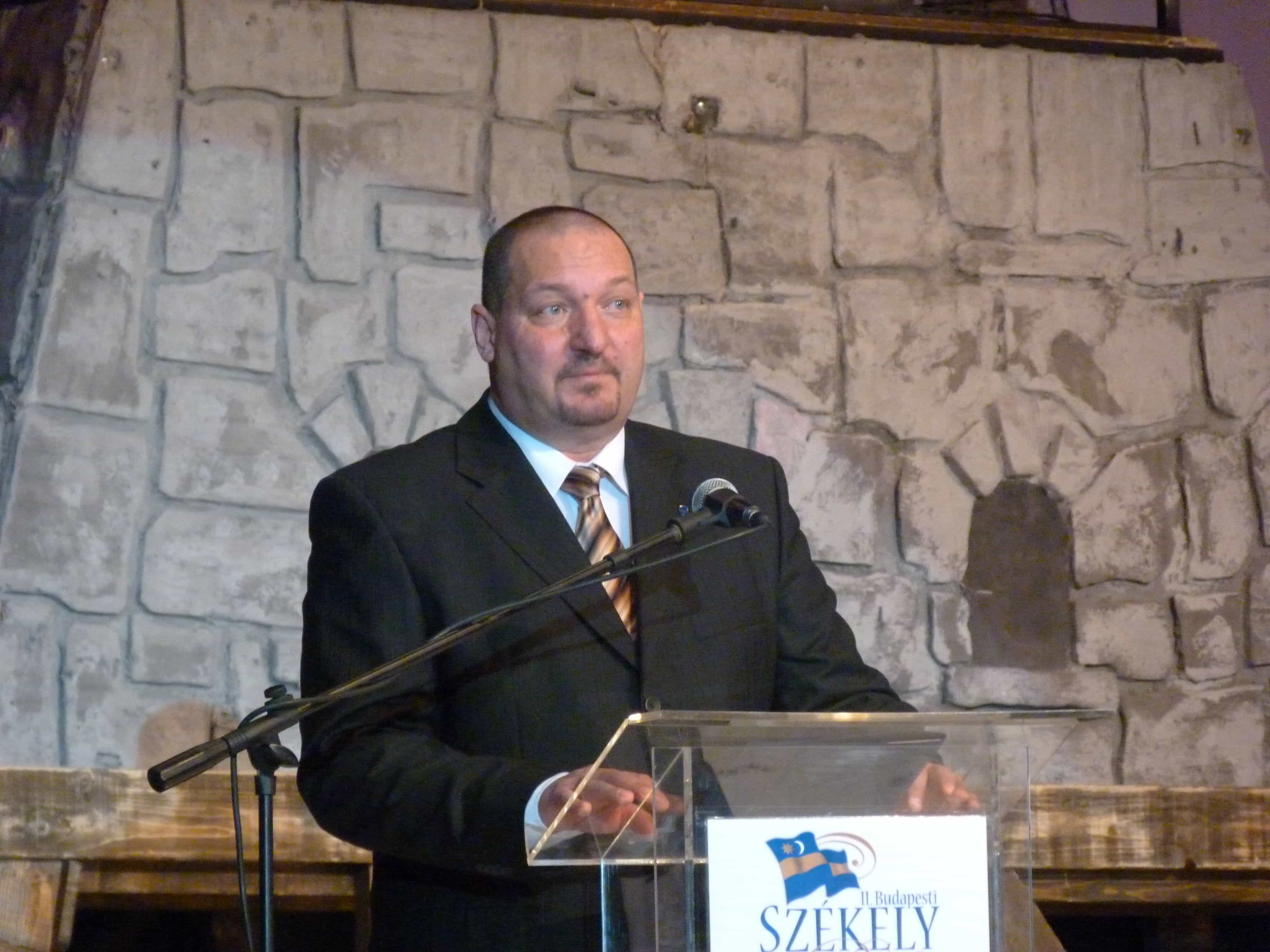
Hungarian Civil Liberties Union on the government crackdown against civil society
Fidesz’s vice-president, Szilárd Németh, along with MPs of the governing parties, launched a verbal attack against several Hungarian civil society organisations that receive part of their funding from foreign donors.
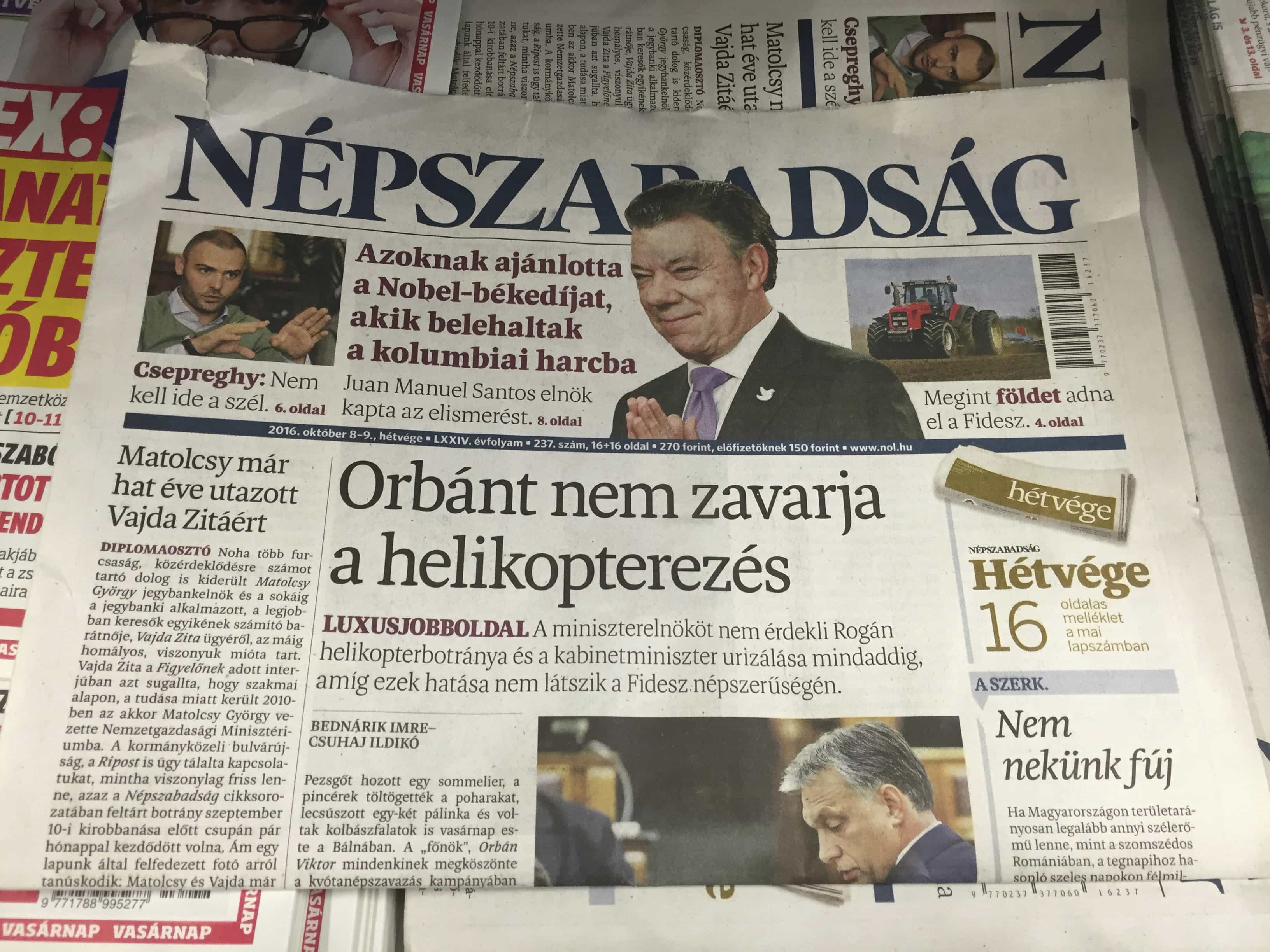
Sale of Hungary’s largest opposition paper shows government influence over media
The sale took place two weeks after its previous owner unexpectedly suspended publication, blocked its journalists’ access to their emails and offices, and pulled the paper’s online edition.

Censorship by courier
A series of news reports on government corruption is followed by a surprising notice, delivered by motorcycle couriers, informing opposition newspaper employees that they no longer have a workplace.
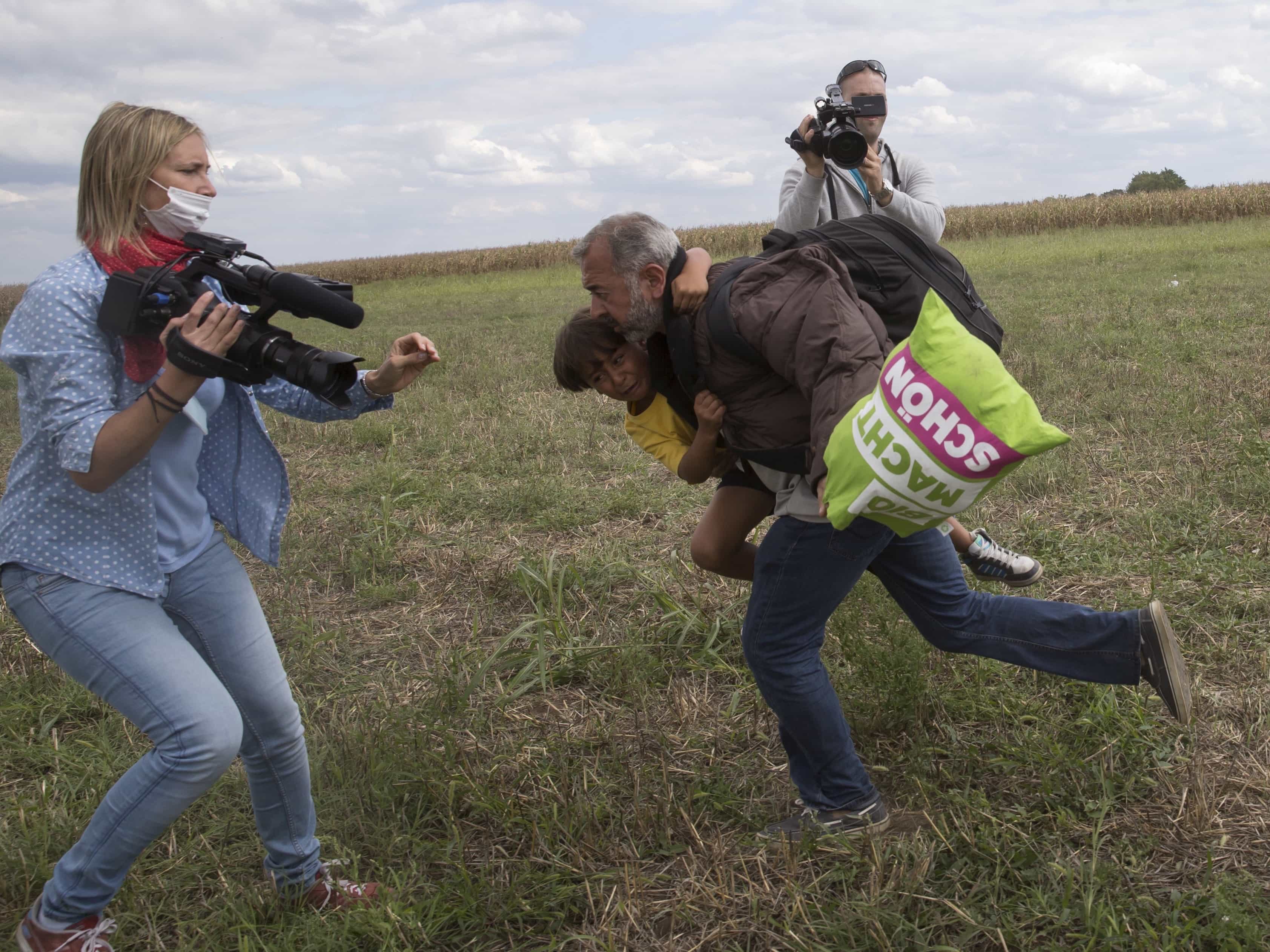
On fear, media freedom and responsibility: The refugee story in Hungary
IFEX speaks with the Hungarian Civil Liberties Union’s Dalma Dojcsák about press freedom in Hungary, the social implications of Prime Minister Viktor Orban’s anti-immigrant rhetoric, and media coverage of the refugee crisis.
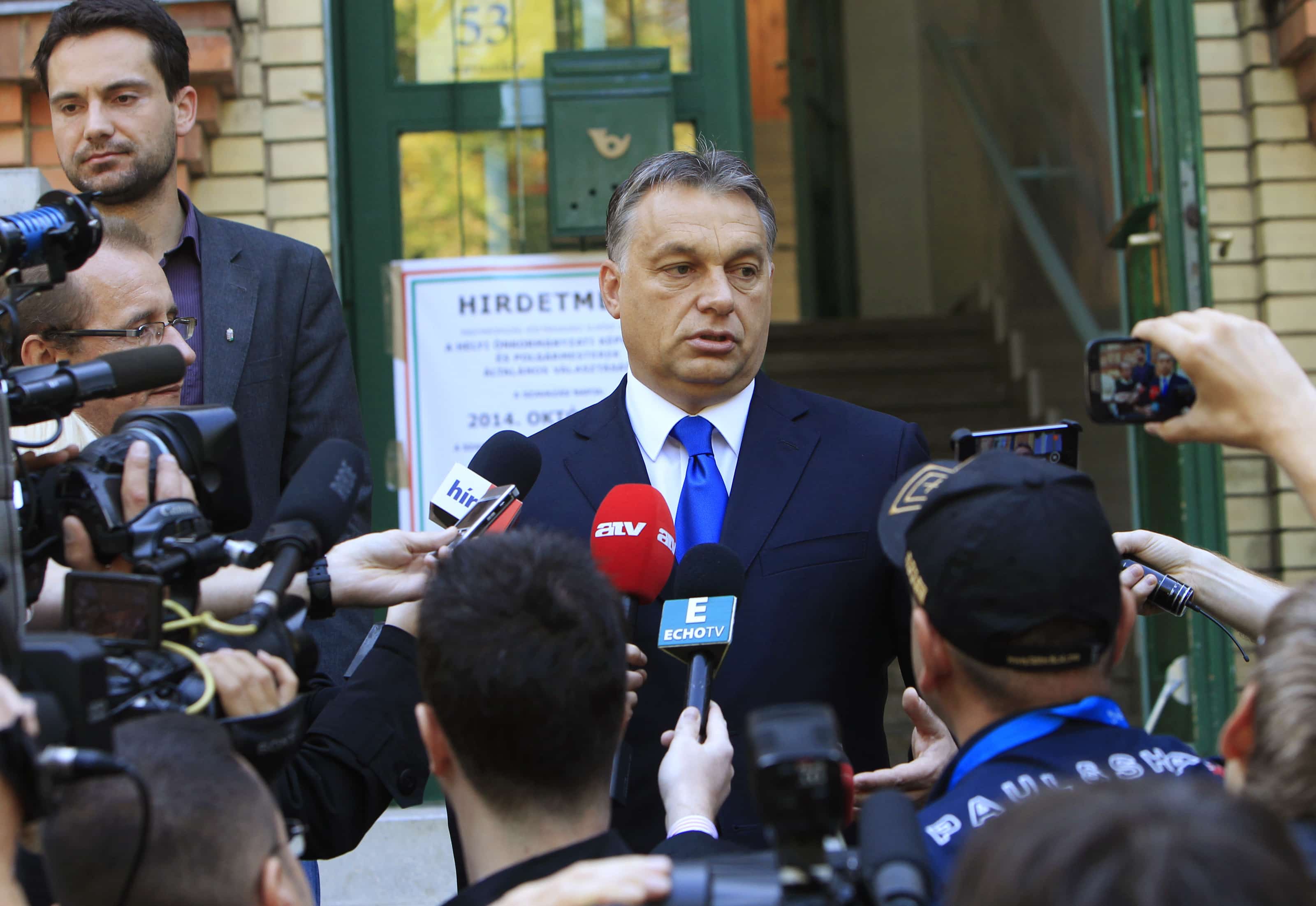
Protect Hungarians’ right to criticise public officials, say IFEX members
IFEX members support the Hungarian Civil Liberties Union’s draft law to decriminalise libel and defamation of public officials
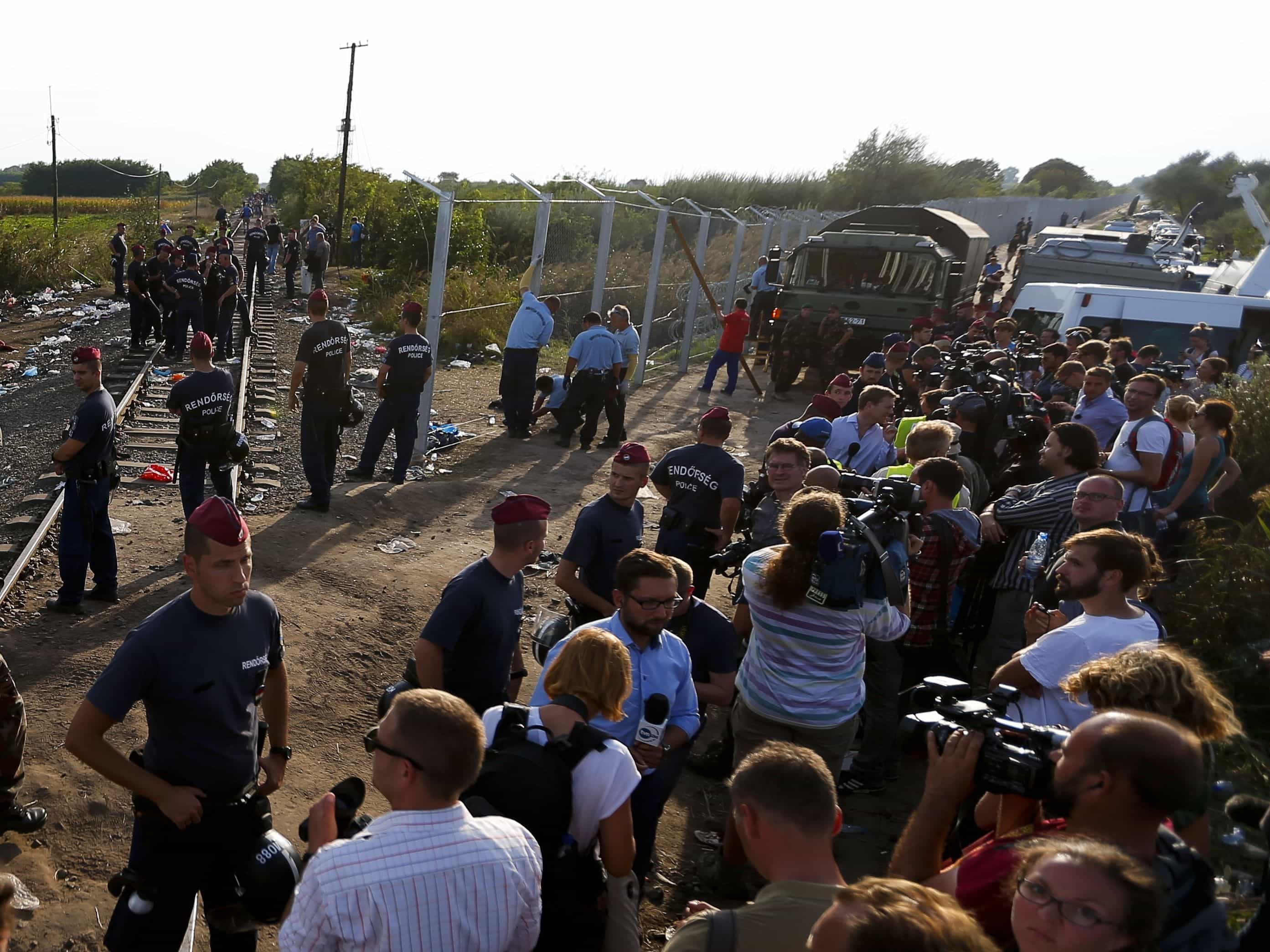
Journalists covering refugee crisis censored, attacked by Hungarian authorities
Hungarian authorities have denied the press entrance to refugee camps and transit centres. Police have beaten journalists with batons, broken their equipment, and thrown teargas at them, even when they identify themselves as members of the press.